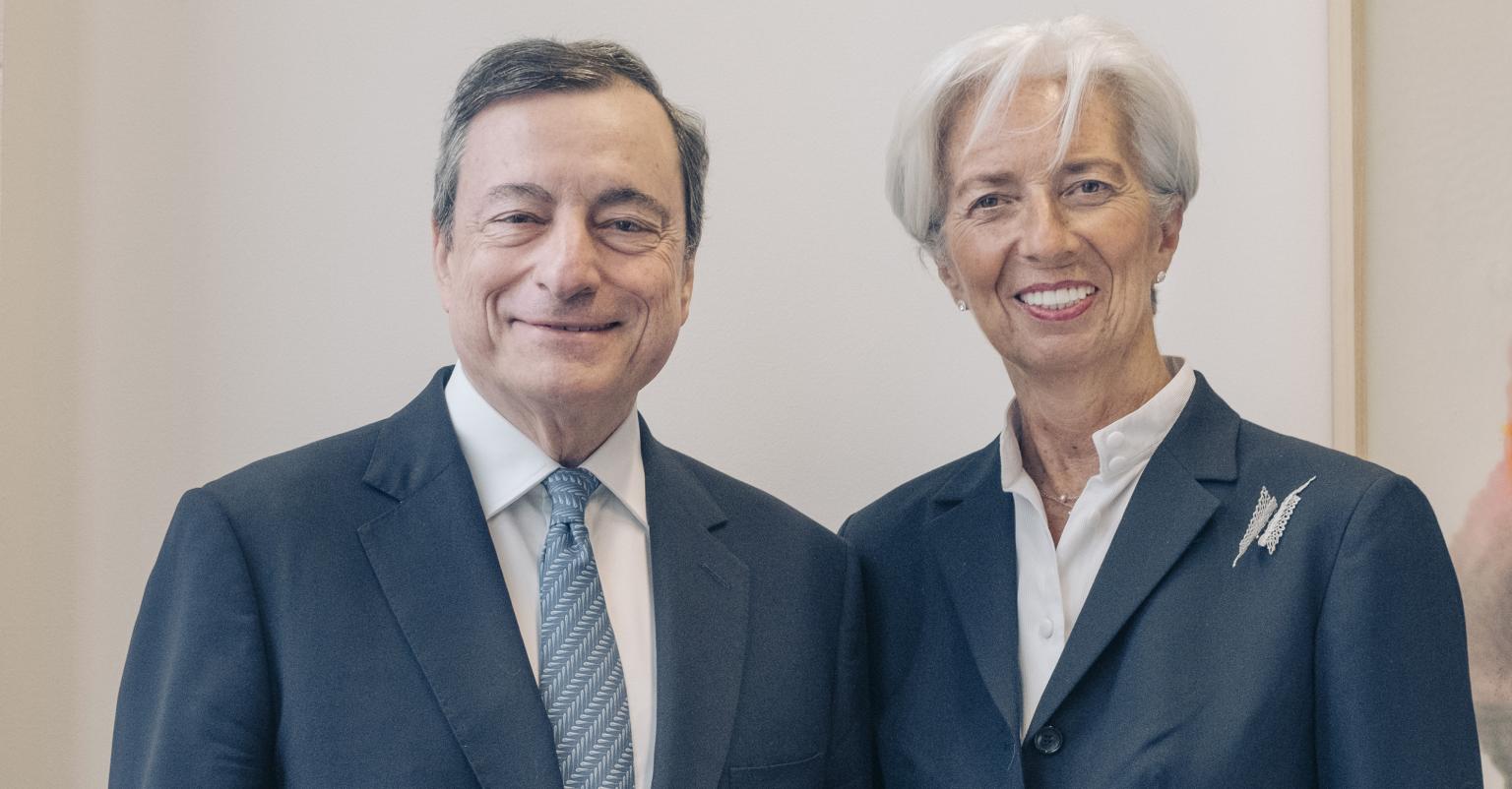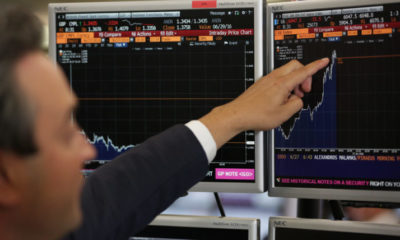€ 3.1 billion for COVID-19 public health and business financing; € 3.5 billion for private sector investment and working capital schemes; € 3 billon for clean energy and energy efficiency investment around the world; € 2 billion for Naples-Bari high speed train link largest loan in EIB history.
The European Investment Bank (EIB) today approved € 12.6 billion of new financing for projects across Europe and around the world.
New financing agreed today includes more than € 3.1 billion of COVID-19-related investment to improve public health, strengthen public services and back investment by companies in sectors hit by the pandemic.
Since the start of the COVID-19 crisis, the EIB has approved € 20.1 billion to enable public and private partners around the world to better tackle health, social and economic challenges.
The EIB Board, meeting by video conference, also backed investment in agriculture, water, housing, telecommunications and urban development across Europe, as well as in Africa, Asia and Latin America.
“Fighting climate change and tackling the COVID-19 pandemic must go hand in hand to achieve a green recovery. The EU Bank is working around the world to help mitigate the impact of the pandemic on lives, jobs and businesses; and to ensure that investment focuses on sustainability, innovation, and on reducing the devastating impact of climate change. The 12.6 billion Euros of new EIB financing approved today show how we are working with thousands of local partners to make a long-term difference to people’s lives during these challenging times”, said Werner Hoyer, President of the European Investment Bank.
Largest ever EIB loan to transform travel in southern Italy
Passengers travelling between Rome, Naples and Bari will from 2027 benefit from reduced journey times, a quicker and environmentally friendly alternative to car transport, and improved connections thanks to the largest loan the EIB ever approved.
The EIB board gave the green light for a EUR 2 billion loan to support the construction of the new high-speed train link that will cut journey times by 1 hour and forty minutes between Naples and Bari. More than 2000 jobs will be created during construction and 200 once construction of the high speed line across a European cohesion region is complete.
The new green transport link, part of the Italian government’s “Unlock Italy” decree, will increase the competitiveness of raid transport, reduce carbon emissions and support social and economic development in southern Italy. It is part of the Scandinavia-Mediterranean Trans-European Network (TEN).
€ 3.6 billion to help businesses to better withstand COVID-19 challenges
Ensuring that entrepreneurs and employers can continue to invest and adapt to new challenges posed by COVID-19 is crucial.
Companies in the Baltics, Benelux, Cyprus, France, Italy, Spain, Ukraine, Moldova and Georgia as well as East Africa, Morocco, the Middle East and the Pacific will benefit from new targeted COVID-19 financing initiatives approved by the EIB today.
The new schemes, managed by local financial partners and banking intermediaries, will help reduce economic shocks, unlock new investment and enable targeted financing for sectors most vulnerable to COVID-19 uncertainties.
€ 3 billion for renewable energy and energy transition
Today’s board meeting agreed to support energy investment that will reduce energy use and increase generation of clean energy across Europe and around the world.
€ 1.6 billion will be used to finance small-scale local climate action projects in France, Italy and across the EU, managed by experienced financing partners.
Financing to support construction of new windfarms off the Dutch coast and in Bosnia, improve energy efficiency in Austria and Ukraine, renovate hydropower in Georgia, roll out smart meters in Lithuania and modernise electricity networks in Madeira and Hungary was also approved.
Millions of people across Africa and Latin America will be able to access reliable clean energy for the first time following EIB support for new off-grid solar schemes and energy transition.
€ 2.9 billion to improve urban and national sustainable transport
Rail transport in Italy is set to be transformed by EIB backed investment to upgrade rolling stock on the national network, alongside today’s approval of EUR 2 billion financing for the new high-speed line between Naples and Bari.
The EIB Board also agreed to support new investment to upgrade public transport in Sarajevo and Krakow, and to help improve a key motorway link in Bosnia and Herzegovina.
Improving urban development and social housing
Thousands of families will benefit from new large-scale social housing investment across France and in Germany under new financing programs approved today.
The EIB Board also agreed to support the New Slussen urban development project that will transform of the heart of the Swedish capital Stockholm.
Hospital patients will benefit from EIB support for construction of a new regional hospital in Tournai and approval of a national scheme to improve mental health facilities across Belgium.
A new scheme to support long-term healthcare investment in French regions underserved by medical services was also agreed.

 News3 weeks ago
News3 weeks ago
 Business3 weeks ago
Business3 weeks ago
 Technology3 weeks ago
Technology3 weeks ago
 Investment3 weeks ago
Investment3 weeks ago
 Banking Sector3 weeks ago
Banking Sector3 weeks ago
 Banking Sector3 weeks ago
Banking Sector3 weeks ago
 Appointments3 weeks ago
Appointments3 weeks ago
 Investment3 weeks ago
Investment3 weeks ago





























